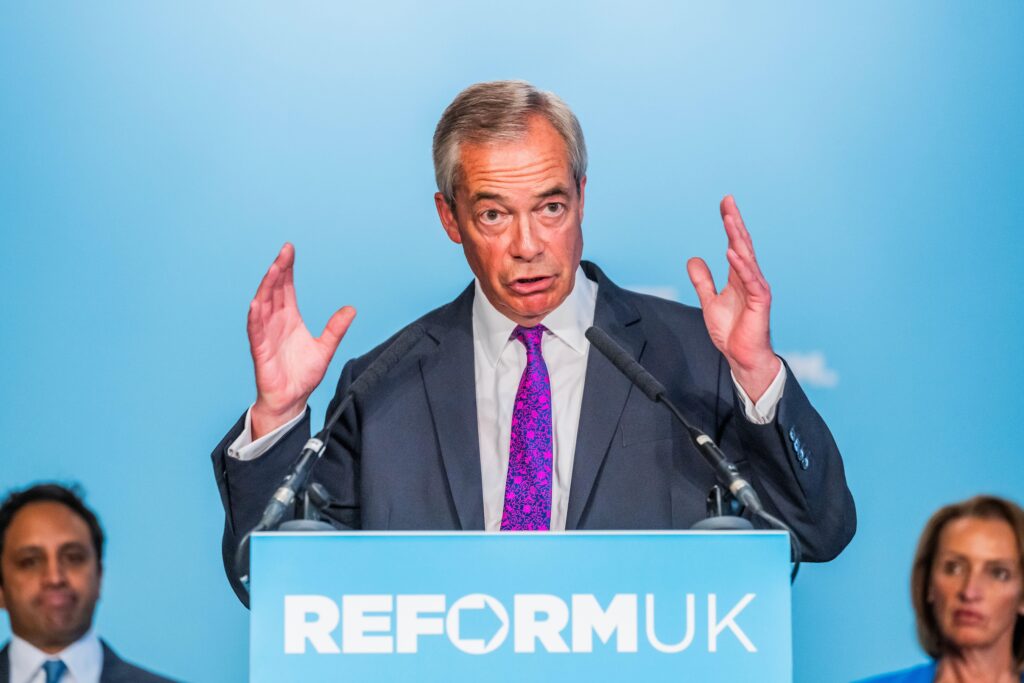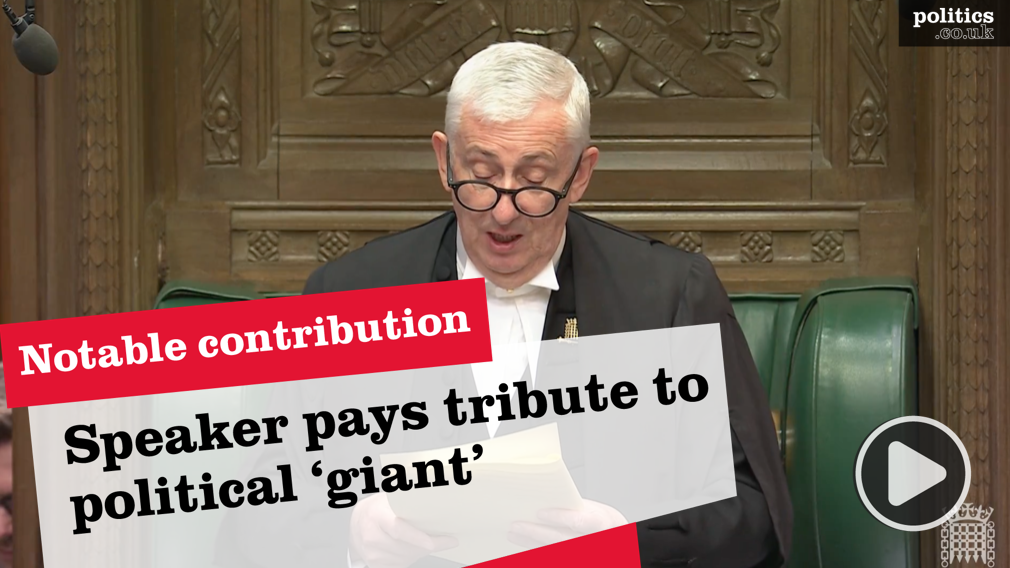What are Specialist Schools?
N.B.
In October 2010, Education Secretary Michael Gove announced that funding for the Specialist Schools Programme would cease from April 2011 and the funding in future would be routed to schools through the Dedicated Schools Grant.
Specialist Schools are state secondary schools that aim to be local centres of excellence in their chosen specialism, and which to that end, benefitted from public funding under the "Specialist Schools Programme" and from private sector sponsorship.
The Specialist Schools Programme proclaimed six objectives for schools:
To extend the range of opportunities available to pupils which best meet their needs and interests
To raise standards of teaching and learning in the specialist subjects
To raise standards of achievement for all their pupils of all abilities
To develop within the schools characteristics which signal their changed identity and which reflect the school's aims
To benefit other schools and the wider community in the area ("extended provision")
To strengthen the links between schools and private and charitable sponsors
Specialist status was available to any maintained secondary school, and the Labour Government frequently proclaimed its wish to see all secondary schools become Specialist Schools in time.
Bids for Specialist status were accepted by the Department for Education in March and November each year. There were ten specialist areas: Arts, Business and Enterprise, Engineering, Humanities, Language, Mathematics and Computing, Music, Science, Sports and Technology. A school could be Specialist in respect of a maximum of two of these areas, and had to apply separately for each designation.
The criteria a school must achieve to successfully bid for Specialist status were: present a four-year development plan, including targets and performance indicators relating to provision, increased take-up of specialist courses and improved learning outcomes, and to "extended provision"; to have raised £50,000 in private sector capital; and to demonstrate "at least reasonable" and preferably sustained high levels of attainment by pupils in the subject area designated for specialisation.
Specialist status entitled a school to access central government funds of £100,000 (per application) for capital projects to enhance the facilities for the specialism subject, and ongoing funding of £129 per pupil for four years (the lifetime of the development plan).
Under the School Standards and Framework Act 1998, Specialist Schools were permitted to select up to 10 per cent of their pupil intake on the basis of "aptitude" for the specialism subject. At the time, then Education Minister Stephen Byers distinguished "aptitude" from ability by defining it as a question of potential rather than current capacity.
Background
The Specialist Schools Programme began in 1993, when the Conservative Government gave permission for grant-maintained and voluntary-aided schools to apply for "technology college" status.
In 1994, with the designation of the first 50 technology colleges, the SSP was opened up to all secondary schools and a new specialism of "language college" was announced. "Arts and sports colleges" were announced in 1996.
The incoming Labour government in 1997 announced that it would continue and expand the SSP, introducing the "community role" for Specialist Schools. The School Standards and Framework Act 1998 represented a key milestone in the development of the scheme, in cementing Labour's commitment to Specialist Schools and introducing the power to select pupils on the basis of aptitude.
In 2001, the Green Paper, "Schools: Building on Success" proposed four new specialisms – Science, Mathematics and Computing, Business and Enterprise, and Engineering. In February 2003, a further two specialisms were proposed, Music and Humanities, along with a rural subject option for rural schools.
The Government's target for 2000 schools to be given Specialist status by 2006 was achieved 18 months early in February 2005. By September 2008 that figure had risen to just under 2700 Specialist Schools.
In October 2010, the Coalition government announced that over 95% of secondary schools had become specialist schools and they had therefore decided that as specialism was now “so firmly established within schools”, school leaders should be given “greater freedom” with regard to how the associated funding should be used.
From April 2011, dedicated funding for specialist schools, including High Performing Specialist Schools (HPSS) would cease, and the Specialist Schools and Academies Trust (SSAT) and the Youth Sports Trust (YST) would no longer be funded to support schools through the designation and re-designation processes, or to run networks of specialist schools.
This funding, approximately £450 million for 2010-11, would be routed to schools through the Dedicated Schools Grant.
The Government stated that this was “part of a wider commitment to school leaders to take decisions in the best interests of the pupils and parents they serve.”
Controversial
The principal objection raised against the Specialist Schools Programme related to the perceived erosion of the principal of equality in school education that the Programme involved.
Supporters of the comprehensive principle in education opposed the scheme because of the inequality it entails in designating some schools as apparently "superior" to others. Not only did the designation of Specialist Schools denigrate the work done by other schools, it was argued, but the provision of additional public funding s unfair.
Opponents claimed that the Specialist Schools Programme's likely outcome was a "two tier" education system, with the best schools given extra funding – and as such, the ability to purchase better facilities and hire the best staff – and the worst deteriorating further. The Government's response to this criticism was to proclaim a target of all secondary schools becoming specialist schools in time.
However, in the meantime, the scheme's critics also argued that Specialist Schools encouraged segregation in education, insofar as the middle class parents who have long been best placed to ensure favourable outcomes from school admissions regimes would be able to get their children into the better schools, at the expense of those from poorer and socially excluded backgrounds.
The commitment to an element of selection contained in the 1998 Act was exceptionally controversial, with many supporters of the comprehensive principle accusing the Government of seeking to reintroduce grammar school-style selection by the back door.
In these ways, Specialist Schools fitted into the wider debate and controversies surrounding the Government's education policies, relating to the conflicting values of competition and choice as driving forces for improving standards, and equality of opportunity.
It is widely accepted, even by critics, that the Specialist Schools Programme has had a positive impact on educational attainment in participating schools. However, their impact on neighbouring schools and the wider community has not been studied in great detail to date.
Defending the decision to remove funding from the Specialist Schools Programme in 2011, Education Secretary Michael Gove said the time had come to “remove the Government imposed prescription that has built up around the programme” and he insisted that school leaders would be able to continue using specialism “as a means of raising standards and developing a distinct character and ethos for their schools.”
Statistics
The Specialist Schools Programme dates from 1994 and over 95 per cent of secondary schools are specialist.
Funding for specialist schools – approximately £450 million – in 2010/11, is not being removed from the schools system and will continue to be routed to schools through the Dedicated Schools Grant.
Source: Department for Education
Quotes
“The Specialist Schools and Academies Trust has been instrumental in the creation of the near-universal specialist system which now exists…….
“I appreciated the opportunity to discuss the future of the specialist schools programme with SSAT’s National Headteacher Steering Group. Members of the Group spoke with passion about the benefits of the programme and I hope that I can continue to rely on the advice of the Group about how those benefits might be realised in a changed environment.”
Education Secretary Michael Gove’s letter to SSAT chief executive Elizabeth Reid, confirming changes to Specialist Schools funding.


















